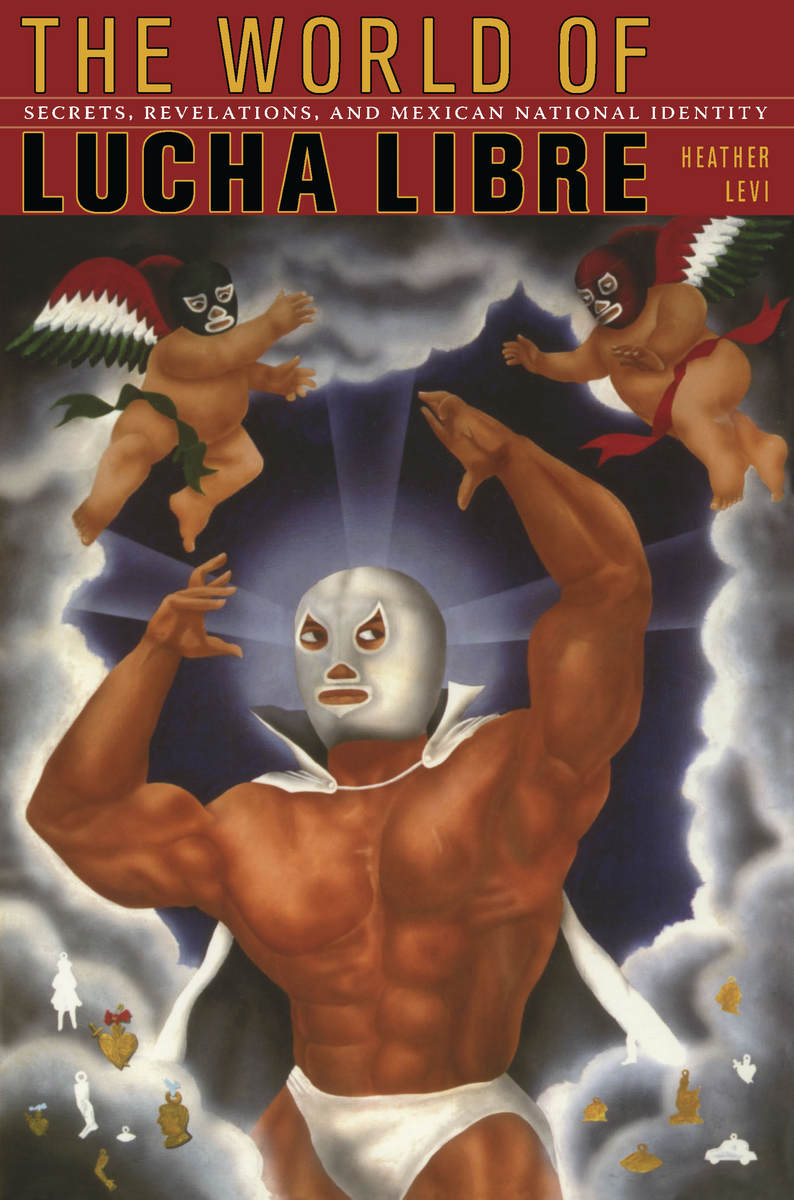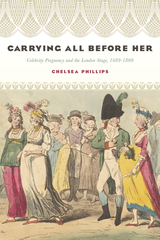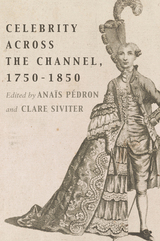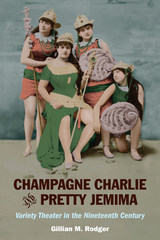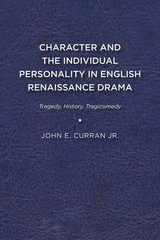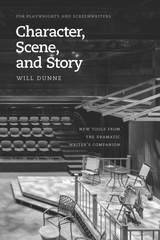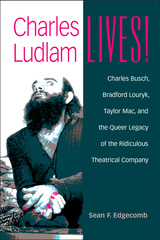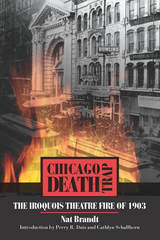“The World of Lucha Libre describes a strange and fascinating place in which masked men and women possessing incredible strength and agility punch, kick, and pummel one another into submission. For those reasons alone the book is worth reading, but, as Levi demonstrates, it’s the layers of meaning encoded in all that strange violence that make the struggle interesting.” - Jeremy Estes, PopMatters
“Levi's entertaining The World of Lucha Libre assumes the role of engaged anthropologist. Levi takes the novice into the world of lucha libre, veering between explaining the basics (moves, traditions, the difference between rudos and técnicos—bad and good guys, respectively) and recounting a thorough history of the sport, touching on major fighters, developments and its frequent intersections with Mexican politics and identity. The author knows her lucha libre. . . . This book entertains, informs and breezes by. . . .” - Gustavo Arellano, Los Angeles Times
“Besides having the coolest cover I’ve ever seen on an ethnography, the book is riveting – I never thought I would be so fascinated by wrestling and men in tights, but I guess that’s the magic of a well done ethnography.” - Mary Theberge, Picking Up Sticks blog
“The World of Lucha Libre is an informative and entertaining read based on thorough and definitely innovative research methodology that contributes substantively to our understanding of contemporary Mexican national identity. There is much that readers at all levels of familiarity with Mexico can take from this text and much that this text can contribute to discussions of cultural performance and national life beyond Mexico.” - Julia Sloan, A Contracorriente
“[The World of Lucha Libre] remains an excellent study of popular culture, politics, and identity in twentieth-century Mexico, one that will be of interest to scholars and perhaps even some lucha libre fans.” - Ronda L. Brulotte, Journal of Anthropological Research
“The World of Lucha Libre will doubtless become the reference in English for a cultural phenomenon with a mass following in Mexico and the United States. Heather Levi provides an insider’s knowledge of the popular practice of luche libre. For those who know wrestling in passing, The World of Lucha Libre will be revelatory. For those specialists in the multiple fields it engages, the book is welcome indeed.”—Randy Martin, author of Critical Moves: Dance Studies in Theory and Politics
“Heather Levi’s book reveals her deep understanding of the many ways that Mexicans enact their identities as women and men, as cosmopolitan consumers, and as citizens. Beautifully written and well-grounded in history, The World of Lucha Libre will matter to anyone who cares about Mexico, spectator sports, or performance in Latin America.”—Anne Rubenstein, author of Bad Language, Naked Ladies, and Other Threats to the Nation: A Political History of Comic Books in Mexico
“In The World of Lucha Libre, Heather Levi offers up a backstage pass to the scene of muscles, sweat, passion, and politics that is lucha libre. It’s a world in which performing a public secret reveals that what is deadly serious is also a sham and that what is frivolous speaks of the grit and business of living. Levi illuminates lucha libre’s fractal relationship to Mexican politics and its playful and serious regulation of gender and mestizaje as a dramatic staging of embodied contradiction that brings the messy world of lived experience into brute contact with its cultural ideals. The World of Lucha Libre is important not just for wrestling fans but for any student of popular performance and social practice.”—Nicholas Sammond, editor of Steel Chair to the Head: The Pleasure and Pain of Professional Wrestling
“The World of Lucha Libre describes a strange and fascinating place in which masked men and women possessing incredible strength and agility punch, kick, and pummel one another into submission. For those reasons alone the book is worth reading, but, as Levi demonstrates, it’s the layers of meaning encoded in all that strange violence that make the struggle interesting.”
-- Jeremy Estes PopMatters
“The World of Lucha Libre is an informative and entertaining read based on thorough and definitely innovative research methodology that contributes substantively to our understanding of contemporary Mexican national identity. There is much that readers at all levels of familiarity with Mexico can take from this text and much that this text can contribute to discussions of cultural performance and national life beyond Mexico.”
-- Julia Sloan A Contracorriente
“[The World of Lucha Libre] remains an excellent study of popular culture, politics, and identity in twentieth-century Mexico, one that will be of interest to scholars and perhaps even some lucha libre fans.”
-- Ronda L. Brulotte Journal of Anthropological Research
“Besides having the coolest cover I’ve ever seen on an ethnography, the book is riveting – I never thought I would be so fascinated by wrestling and men in tights, but I guess that’s the magic of a well done ethnography.”
-- Mary Theberge Picking Up Sticks blog
“Levi's entertaining The World of Lucha Libre assumes the role of engaged anthropologist. Levi takes the novice into the world of lucha libre, veering between explaining the basics (moves, traditions, the difference between rudos and técnicos—bad and good guys, respectively) and recounting a thorough history of the sport, touching on major fighters, developments and its frequent intersections with Mexican politics and identity. The author knows her lucha libre. . . . This book entertains, informs and breezes by. . . .”
-- Gustavo Arellano Los Angeles Times
